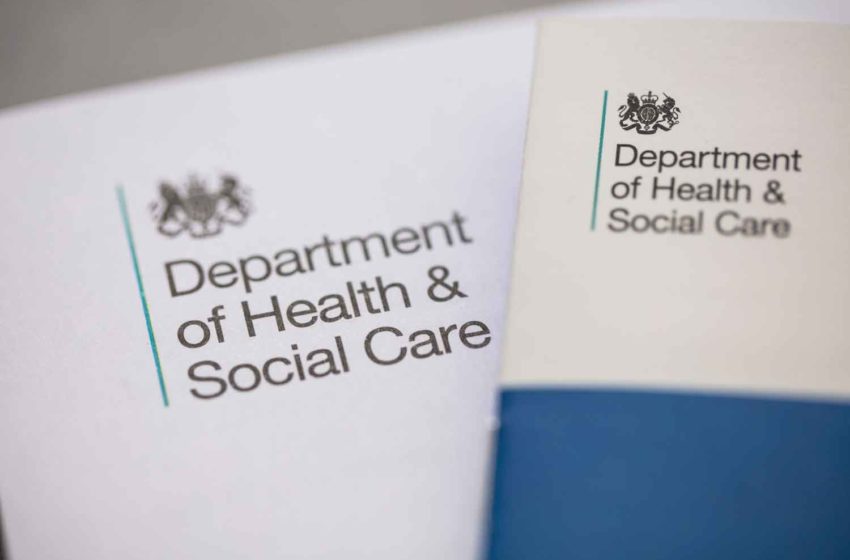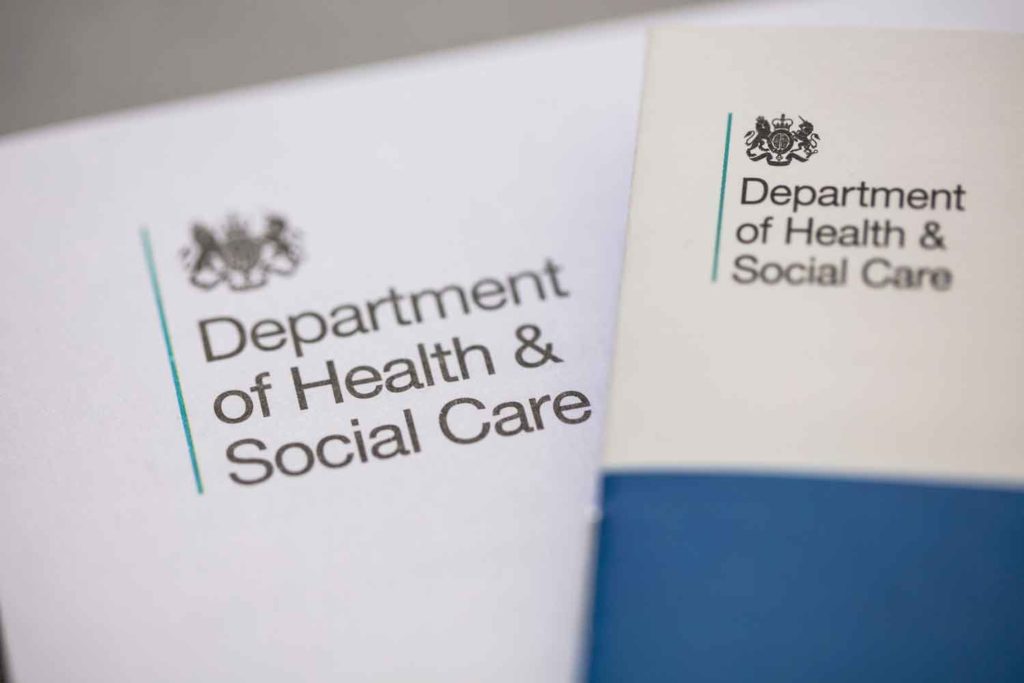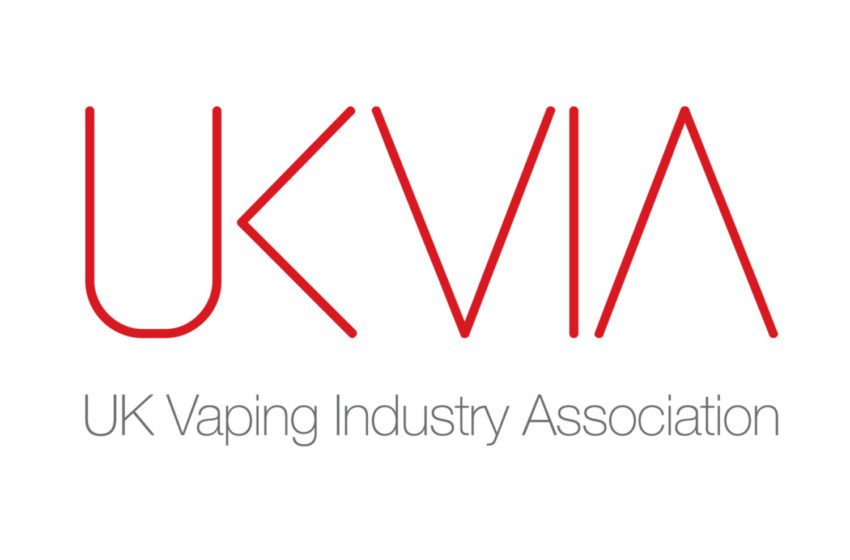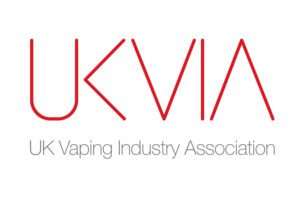
Nearly three-quarters (71 percent) of participants in a poll among U.K. smokers bought illicit tobacco in the past year, according to a recent survey reported in Talking Retail.
The figure is down from 2019, when the same survey found that 78 percent of respondents said that they had bought illicit tobacco.
One challenge for the industry is that few consumers have moral reservations about purchasing illicit products. Sixty-eight percent of survey participants said they had no issue with buying tobacco this way.
Carried out by the Tobacco Manufacturers’ Association (TMA), the survey of 12,000 smokers also found that nearly one-fifth (19 percent) of respondents bought their illicit tobacco from social media sites.
“There is positive news in this year’s survey findings, with more people reporting illicit tobacco when they were aware of it—a major uplift to 32 percent compared with 17 percent in 2017—and a decline in people purchasing illegal tobacco in every region across the U.K., with the exception of London,” said Rupert Lewis, director of the TMA.
“However, the 2021 findings still highlight the continued widespread availability of illicit tobacco as well as the entrenched perception among many consumers that it is ‘acceptable’ to trade or buy illicit


















